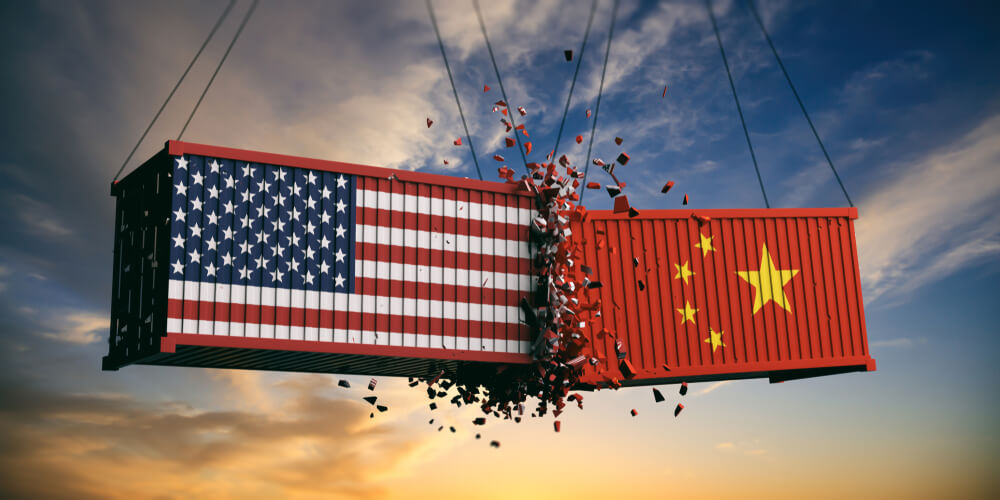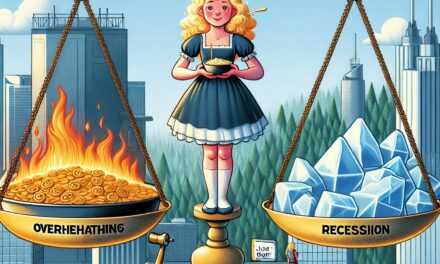All eyes are on this weekend’s G20 summit meeting between presidents Donald Trump of the U.S., and Xi Jinping of China. The overwhelming consensus belief is that a new trade deal — or at least a ceasefire in the tit-for-tat tariffs fight — will lead to a strong rally in the stock market and great news for the global economy.
Project Syndicate columnist Anatole Kaletsky says that even if there no agreement is reached, there are “at least four reasons to expect a deescalation of the U.S.-China tariff war.”
Per Project Syndicate:
The first, paradoxically, is the recent shift in US rhetoric away from a focus on American jobs to the explicitly Sinophobic objectives of “containing” China and preventing it from developing into a technological power that could challenge US global hegemony. Now that Xi realizes he is engaged in a generational struggle against the containment of China, he simply cannot afford to lose this opening skirmish of Cold War 2.0.
Second, as Xi’s ability and willingness to protect China’s economy from any further slowdown becomes clear, Trump’s political calculation will change. If Trump wants a “big win” on Chinese trade to boast about ahead of the 2020 election, he will need to strike a deal with Xi fairly quickly. This is because the trade war’s next stage – when tariffs are increased from 10% to 25% and possibly extended to all Chinese imports – will prove more unpopular with US voters and do more damage to US economic prospects than the current phony war, which has consisted of more rhetoric than action.
The main risk to the US economy comes not from Chinese retaliation against farmers or US multinationals, which may or may not happen, but from the Keynesian tariff effect. Trump’s belief that US tariffs would act as a tax on Chinese exporters, while creating jobs in America, might have been valid at a time of recession and mass unemployment. But with the US economy now operating at full employment, there is no significant scope for domestic production to substitute for Chinese imports. This means that the cost of tariffs will fall mainly on US consumers and importers, pushing up US inflation and interest rates, rather than hitting Chinese economic activity and jobs.
Third, Trump’s previous geopolitical negotiations offer clear precedents for an early ceasefire. In all of his big diplomatic confrontations – over North Korea’s nuclear weapons, over the Mexican border wall, and over the revision of the North American Free Trade Agreement – Trump’s modus operandi has been to escalate aggressive rhetoric almost to the point of warfare and then suddenly negotiate a tactical retreat. The most recent and unexpected case was the easing of Iran sanctions to reverse the rise in oil prices above $80.
Trump’s negotiating style – “shout loudly and carry a white flag,” as I call it – may seem incoherent and dishonest, but it has been spectacularly successful for him, if not for America’s national interests.
Finally, the fact that Xi cannot afford to lose this early phase of the US-China conflict does not mean that Trump must be seen to lose it. A draw or ceasefire would be perfectly acceptable for China and would almost certainly satisfy Trump, judging by past experience. Trump could win personal kudos with a compromise that involved some concessions, both real and apparent, that Xi is willing to make – on the size of the trade imbalance, on intellectual property laws, on further market opening for US multinationals and financial institutions, and so on.




